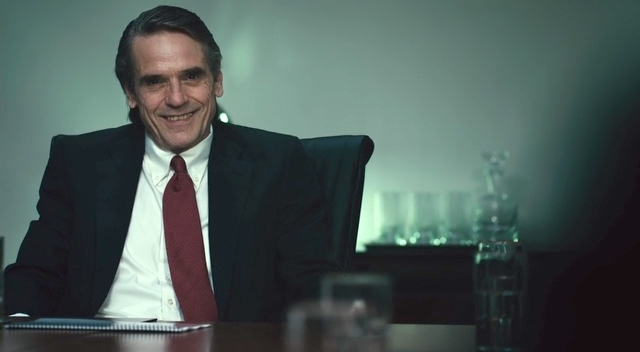I saw Margin Call
I saw The Big Short too and it was great! Despite the complexity of the housing market crash—of which I had very limited prior knowledge of—it kept me entertained with its quick pace, editing, comedy bits and all of Hollywood's top stars seemingly having fun playing in it.
But there is another movie released two years earlier about the 2008 financial collapse that I enjoyed even more: Margin Call.

"Maybe you could tell me what is going on. And please, speak as you might to a young child. Or a golden retriever. It wasn't brains that brought me here; I assure you that."
— John Tuld, CEO
Margin Call took a very different approach compared to The Big Short. It is more serious and raw. It doesn't take the time to try and explain everything the way TBS did either. It feels less approachable at first but compared to TBS, I believe that it matters less if you get lost in the details as the point of the movie isn't really to keep you informed on those events.
For example in TBS, if you don't fully understand Margot Robbie's financial presentation as herself while she is taking a bath (it's distracting), you might feel like a moron during later scenes for not remembering what subprimes or 65% AAA mean.
On the contrary, Margin Call doesn't linger too much over exposition. The focus is on interactions between realistic and revolting characters working for the same company, trying to save their ass. This is a display of fear, greed and power in Wall Street.
The gist of the movie is this: Junior traders advise their Senior that something bad is bound to happen, who tells his director, who tells some other director, who tells their CEO. The explanations need to be dumbed down as they're being expressed higher up the corporate ladder, while the executives debate what to do with their head start. It takes place over the course of 24 hours.
Stanley Tucci's character Eric Dale is the risk analyst who first sees the storm coming, right before getting fired (downsizing). I found him to be the friendliest character with Peter. He also has a couple of scenes where he's doing random mental calculation like it's the superpower that brought him so far in life. I assume that he is some kind of genius when it comes to crunching numbers, or a savant. Maybe he's not, maybe they all are, I'm not sure.
Kevin Spacey's character Sam, head of the trading floor, is supposed to be likable because of his lack of self-rationalization, and his dog is dying from cancer. People both under and above him don't seem to be as affected by how unethical the game is, but at the end of the day, he's still doing exactly what the CEO wants him to do by screwing people over through deception.
Jeremy Irons is outstanding as John Tuld, the CEO of the company. He appears halfway through the movie during the boardroom meeting. As soon as he enters the building, it's clear that he is the one true boss. He is intelligent, capable and effortlessly disarming. His every gesture and word are loaded with significance. I adore this performance.
There are a lot more lead actors: Paul Bettany, Simon Baker, Demi Moore, Zachary Quinto, etc., all doing a fantastic job selling their roles in a movie that is all about characters.
Margin Call does a lot with a little. It proves that solid writing and acting can make anything enthralling.